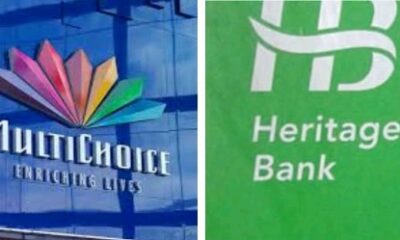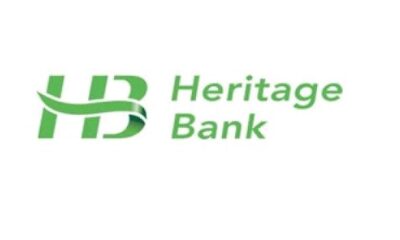The Dangote Petroleum Refinery and Petrochemicals Limited has halted self-collection gantry sales of petroleum products at its plant, effective Thursday, September 18, 2025.
This was disclosed in an internal mail obtained by our correspondent on Friday, signed by the refinery’s Group Commercial Operations Department.
According to the directive, the decision is aimed at encouraging broader use of the refinery’s free delivery scheme for retail stations and blocking unregistered marketers from accessing supplies either directly or through third parties.
The company described the measure as an operational adjustment to enhance efficiency and advised marketers to embrace its Free Delivery Scheme, which allows direct shipments to outlets.
It further cautioned that any payments made after the cut-off date would not be recognised.
The message to marketing partners partly stated: “We wish to inform you that, effective 18th September 2025, Dangote Petroleum Refinery and Petrochemicals FZE has placed all self-collection gantry sales on hold until further notice. In light of this development, we kindly request that all payments related to active PFIs for self-collection are also placed on hold until further notice. Please note that any payment made after this date will not be honoured.”
However, the refinery clarified that its Free Delivery Scheme remains active for both existing and new customers.
“We encourage all active and newly onboarded customers to register for the DPRP Free Delivery Scheme, which remains fully operational and offers a seamless delivery experience to your station,” the mail added.
The management also apologised for any inconvenience, assuring stakeholders that the move was necessary to improve operations.
The suspension comes amid an ongoing dispute involving the refinery, the Nigeria Union of Petroleum and Natural Gas Workers (NUPENG), and the Depot and Petroleum Products Marketers Association of Nigeria (DAPPMAN).
While NUPENG has accused the company of blocking unionisation among its truck drivers despite government intervention, DAPPMAN has criticised the “free delivery scheme,” alleging it forces marketers to depend on Dangote’s fleet at commercial costs.
Dangote Refinery, on the other hand, insists the delivery model is designed to ensure stable supply and reduce costs, accusing marketers of pushing for subsidies and diversion of products. The standoff has fueled concerns around pricing, workers’ rights, and market competition.
The new policy could affect independent marketers and retail operators who have not registered for the scheme and previously relied on direct self-collection at the gantry.
Earlier report had it that Dangote reaffirmed its stance in the face of DAPPMAN’s demands, stressing it would not absorb transportation costs that marketers want classified as subsidies.
This latest clash between Dangote and DAPPMAN comes at a time of rising anxiety over fuel costs and supply logistics nationwide.
DAPPMAN, whose members own most privately run depots in Nigeria, argues that moving products from the refinery’s Lagos base to other regions involves substantial logistics and coastal shipping expenses.
In a statement issued via Dangote Group’s official X account, titled “We Stand By Our Statement on DAPPMAN … Marketers’ ₦1.505trn Subsidy Demand”, the refinery reiterated its right to protect its operations from “misleading reports.”

 BIG STORY5 days ago
BIG STORY5 days ago
 BIG STORY13 hours ago
BIG STORY13 hours ago
 BIG STORY4 days ago
BIG STORY4 days ago
 BIG STORY3 days ago
BIG STORY3 days ago
 BIG STORY12 hours ago
BIG STORY12 hours ago
 BIG STORY2 days ago
BIG STORY2 days ago
 BIG STORY4 days ago
BIG STORY4 days ago
 BIG STORY2 days ago
BIG STORY2 days ago





















